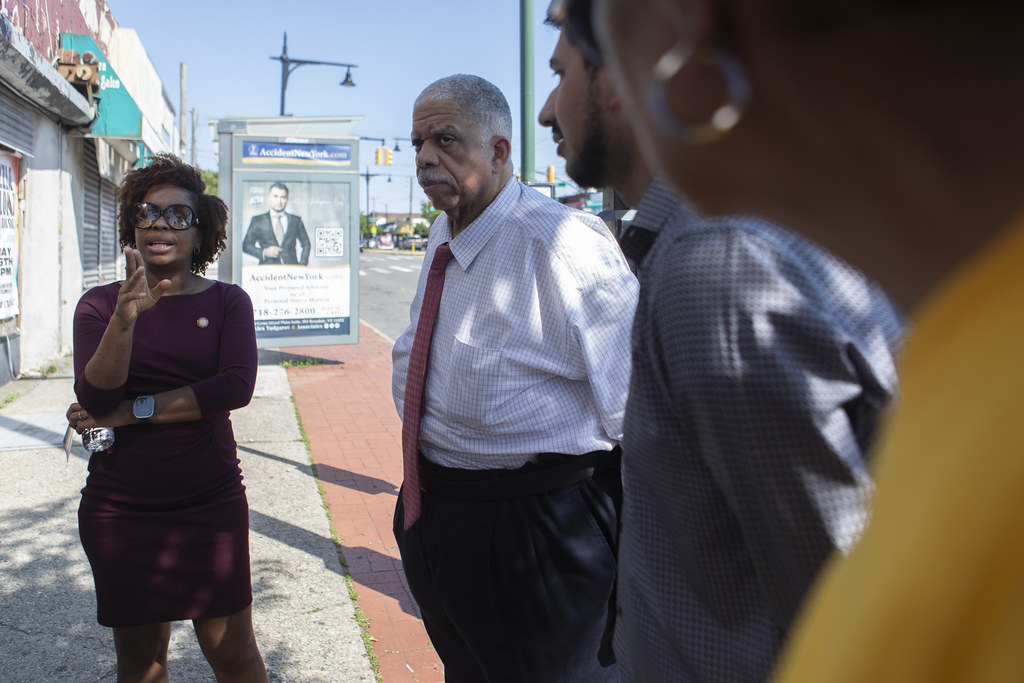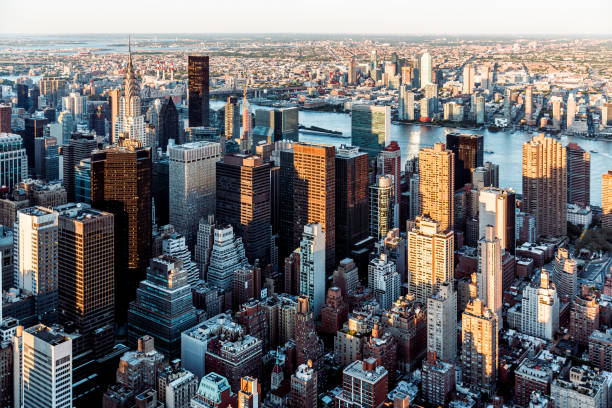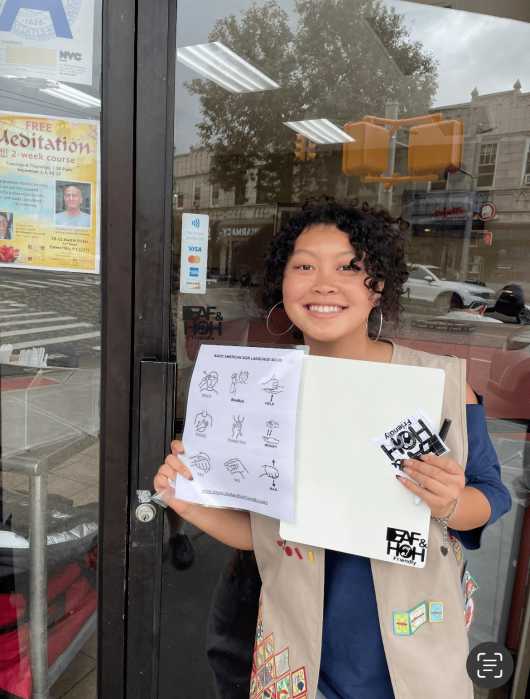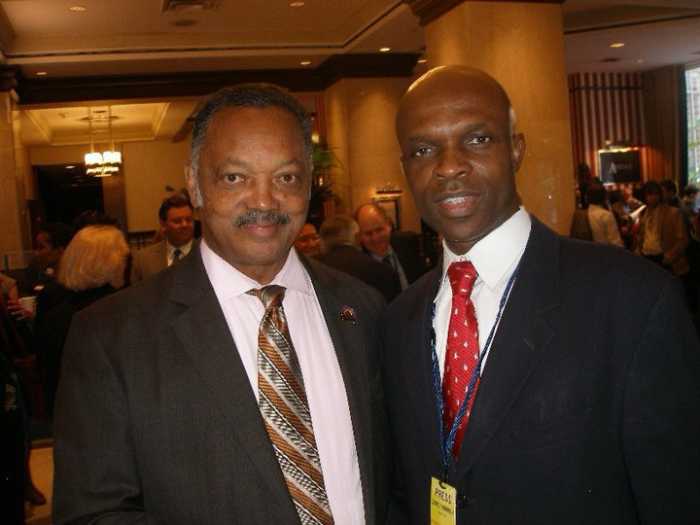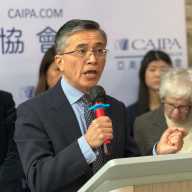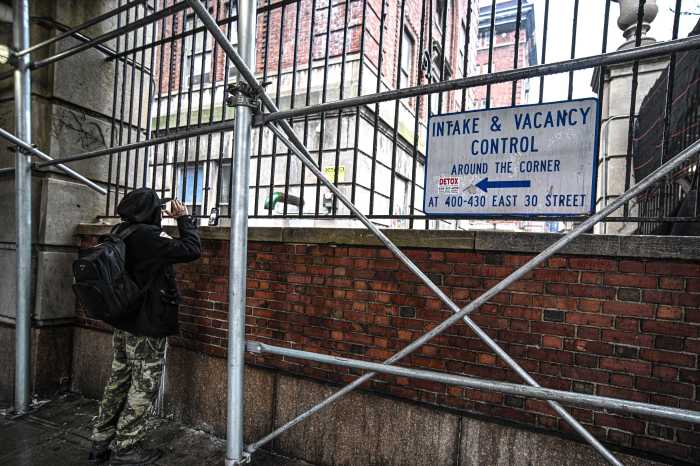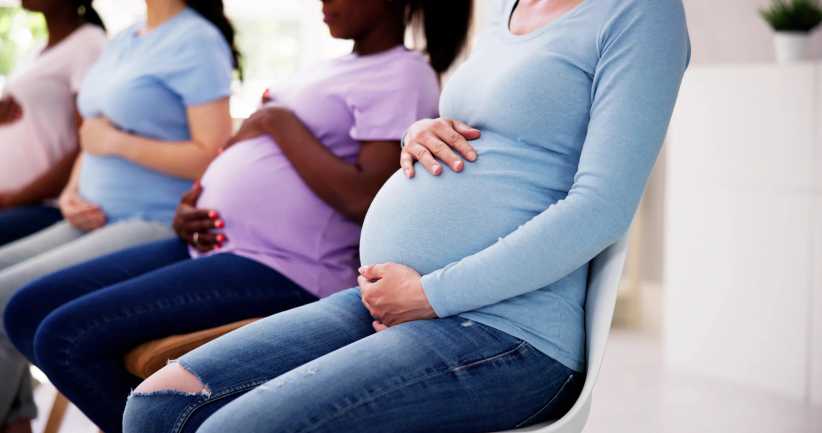Every day, millions of New Yorkers rely on our city’s vast network of subways and buses to get to work, school, medical appointments and to see their friends and loved ones. But the reality is that too many working-class New Yorkers, including a disproportionately high number of
residents who reside in outer-borough neighborhoods like those we represent, cannot afford the full fare.
As chairs of the New York State Senate and New York City Council committees that oversee the MTA and NYC Transit and representatives of Southeast Queens, we strive to advance a more affordable, accessible and reliable public transportation system that serves not only the five
boroughs, but the entire metropolitan region.
That is why it is so pivotal to expand Fair Fares, the city’s discounted bus and subway fare program for low-income New Yorkers.
This year, the City Council, together with advocates for public transit and equitable economic opportunity, continued advancing its vision of expansion beyond its success last year.
We are proud of the success in taking another step forward in the budget agreement that the Council reached with Mayor Adams’ administration to add $10.7 million in baselined funding for New Yorkers earning up to 145% of the Federal Poverty Level (FPL) to have access to Fair Fares. That means an individual with an income of $21,837 a year, or a family of four with a total household income of $45,240 a year, will now qualify for the program. This expansion can potentially reach up to 200,000 more New Yorkers than the nearly 336,000 that have enrolled since its inception in 2019.
An additional $2 million was also dedicated to expand outreach and education so more eligible New Yorkers are aware of the program and utilize it.
This is important progress that will result in more working-class New Yorkers being able to afford the fare every day to get around this city to unlock opportunity. This investment can help advance more equitable opportunities for residents across our city.
Yet, we know even more residents struggle to afford our public transit fares and can benefit from this program.
The cost of living in New York City, including increasing housing and child care costs, is pushing working families to the brink. We hear from our constituents that it is becoming more and more difficult to stay in their communities and our city.
If we want to continue making a difference in the lives of working New Yorkers who need our support, our city must continue building on this recent progress in the adopted city budget, and deepen our investments to expand Fair Fares eligibility to 200% of the FPL. This expansion would overwhelmingly benefit commuters from working-class, outer-borough communities the most. In fact, nearly 200,000 more residents would become eligible for the program from Queens alone.
Still, transit deserts like the communities we represent in Southeast Queens continue to face barriers to accessing public transit. In addition to expanding eligibility, efforts by the City and State to invest in applying the Fair Fares program to LIRR and Metro-North trains within New
York City could significantly increase access for residents in areas of Queens and the Bronx that lack easy subway access.
Outer-borough neighborhoods would benefit greatly from this expansion because so many commuters see the LIRR as a more reliable option than the subway. In fact, 70% of the city’s LIRR and Metro-North stations are close to communities where over a quarter of residents would qualify for Fair Fares at 200% of the FPL.
Under the leadership of Speaker Adrienne Adams, the City Council has continued to prioritize expanding Fair Fares eligibility to 200% of the FPL every year in the city budget. As we look towards the future, we remain steadfast in our commitment to ensuring it reaches all residents who need discounted rides.
Working-class New Yorkers are the backbone of our city, and public transit is its lifeblood. We must provide working New Yorkers with equitable access to affordable transportation to put them on a path to economic mobility and opportunity.
Majority Whip Selvena N. Brooks-Powers represents the 31st Council District and chairs the Council’s Committee on Transportation and Infrastructure.
State Senator Leroy Comrie represents the 14th Senate District and chairs the Committee on Corporations, Authorities and Commissions.

